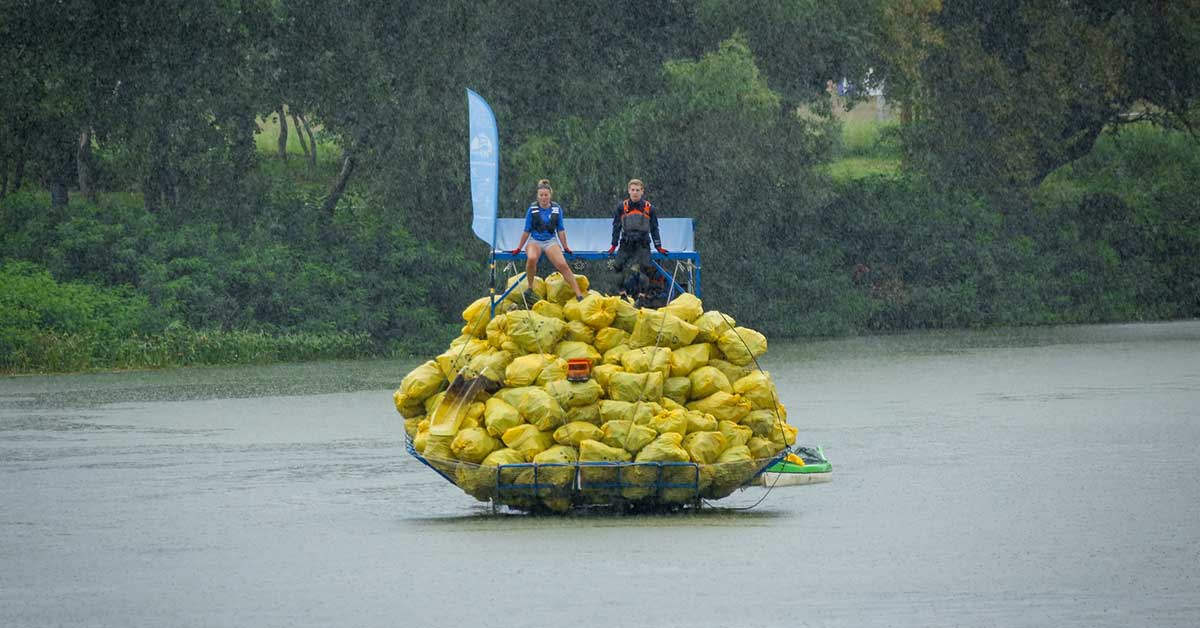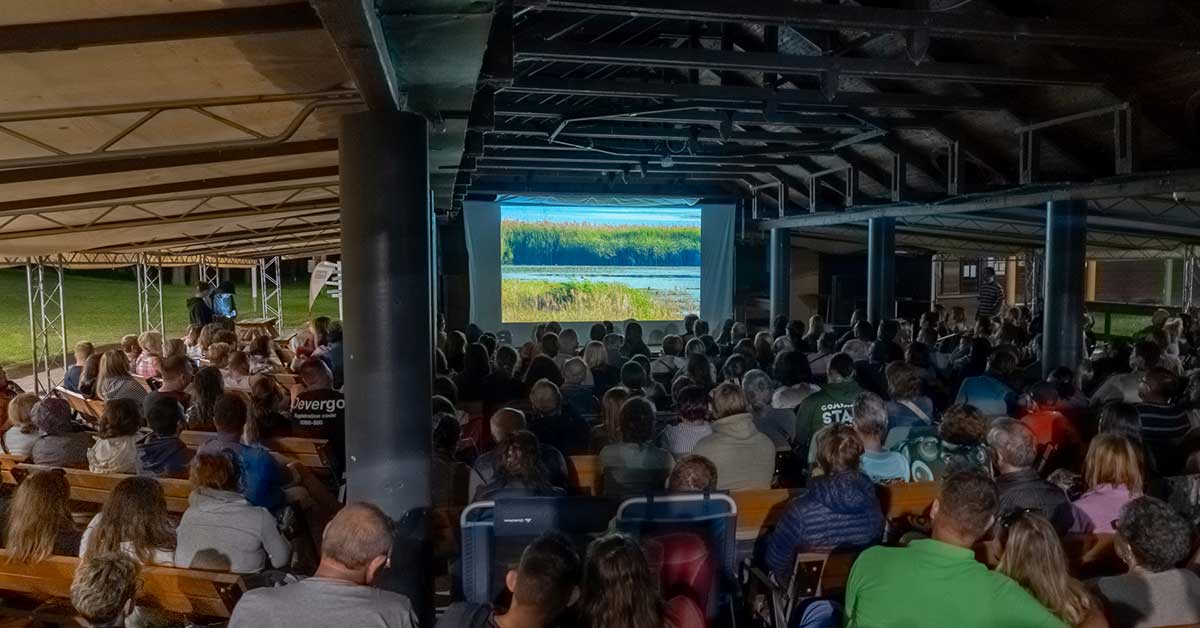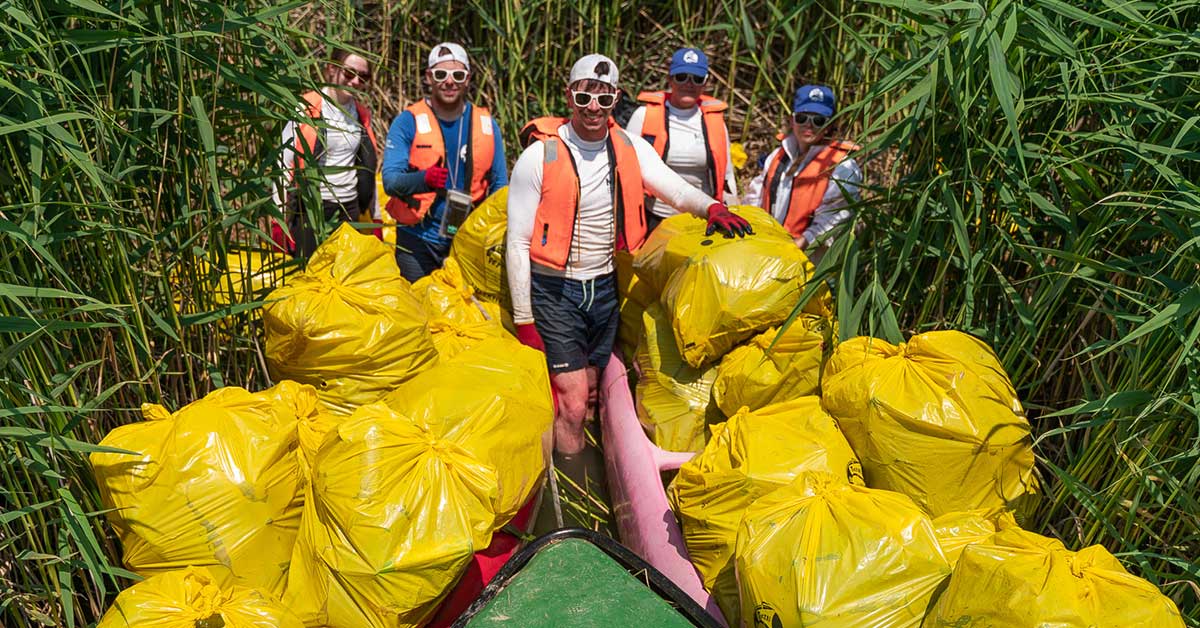We all watch and read the news, scroll through social media platforms – and we see the dreadful destruction and the struggle of the Ukrainian nation. But not even the war can keep the people of Velika Dobron’ (Hungarian: Nagydobrony) from doing what’s good for the environment. The organisers were ready to involve refugees from the Eastern part of the country.
Hungarian news site Telex reported that the Transcarpathian tributary of Tisza was cleaned by local NGOs on a weekend in May – three tons of plastic was removed from the water under the umbrella of Interreg Danube Transnational Programme’s Tid(y)Up project, a cooperation 10 organisations from seven countries.

The lack of data of plastic pollution and standardised methods hinder the work of authorities. The international collaboration follows plastic pollution down the rivers so pollution can finally be halted – pollution was monitored on 20-km long areas of Tisza’s tributaries Latorca and Borzha (Hungarian: Borzsa) and waste blocks were marked with GPS pins.
These blockages lead to ecological issues, for example they make it impossible for fish to spawn. In lush and thick forests around Nagydobrony, away from the traffic, where the water would be several metres deep, the clog was 300-metre long and reached the surface of the water from the riverbed so volunteers could walk on it.

It took three days, fifty volunteers and power machines to clean the river, but they only managed to remove the top of the clog – even so, the waste weighed three tons. It wasn’t “just” plastic: bikes, water coolers, shoes, dolls were recovered among others
Although there is waste management in the area, there are settlements where fly tipping is still an issue, especially because floods carry the waste from the riverbanks then the piles get stuck on abandoned places, as it happened on Latorca.
Beyond the acute issue the goal of such actions is to show the public what carelessness may cause; volunteers want to make people aware, how sensitive and vulnerable the environment is.

There’s also an on-going campaign aiming schools and children to reduce waste with handbooks, posters and educational materials, translated to Ukrainian too.


